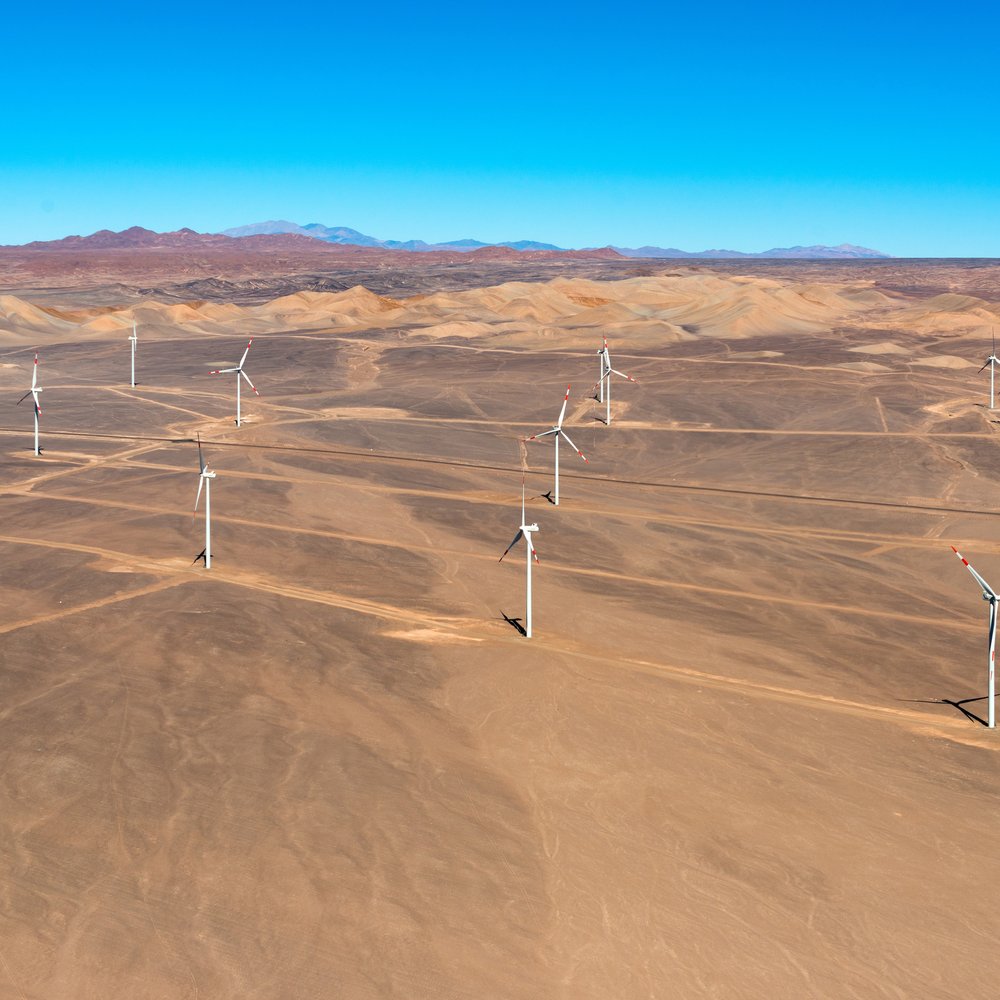Renewable energy (in)justice in Latin America

Shutterstock (purchased)
Renewable energy plays a crucial role in our efforts to tackle the climate crisis. Yet across the world, renewable energy development is in too many cases replicating the social and environmental violence that has characterised the fossil fuel sector. According to our research, Latin America disproportionately bears the burden: with 61% of all allegations of abuse recorded globally, it is the region with the highest number of abuses in renewable energy development, and the number is growing.
In this report, the Business & Human Rights Resource Centre captures allegations of human rights violations and abuse by renewable energy companies in our online database. Between 2010 and 2020, we recorded 501 cases of abuse linked to renewable energy development across Mexico, Central and South America, accounting for over 2,300 allegations of human rights abuse perpetrated by 156 renewable energy companies operating in 17 countries.
The burden of abuse falls predominantly on Mexico and Central America, representing 68% of all recorded cases (343 cases), followed by South America at 32% (158 cases). The countries with the highest numbers of abuses are Honduras at 28% (138 cases), Mexico at 27% (136 cases) and Colombia at 13% (67 cases). Across the region, the most common categories of alleged abuses were violations of land and territory rights (478 allegations), attacks against human rights defenders (454 allegations) and violations of Indigenous rights (324 allegations).
Both the state and companies have the duty to provide access to legal remedy and grievance mechanisms for victims of abuse. Despite such regulations and standards, abuses in renewable energy development are seemingly endemic.
BHRRC
Further reading
Press release
Rapid rise in rights abuses by renewable energy companies in Latin America
Company responses
We invited the 10 companies with the highest number of allegations to respond to this report. Read their responses and non-responses here.
More on renewable energy
Explore resources and news on renewable energy and human rights